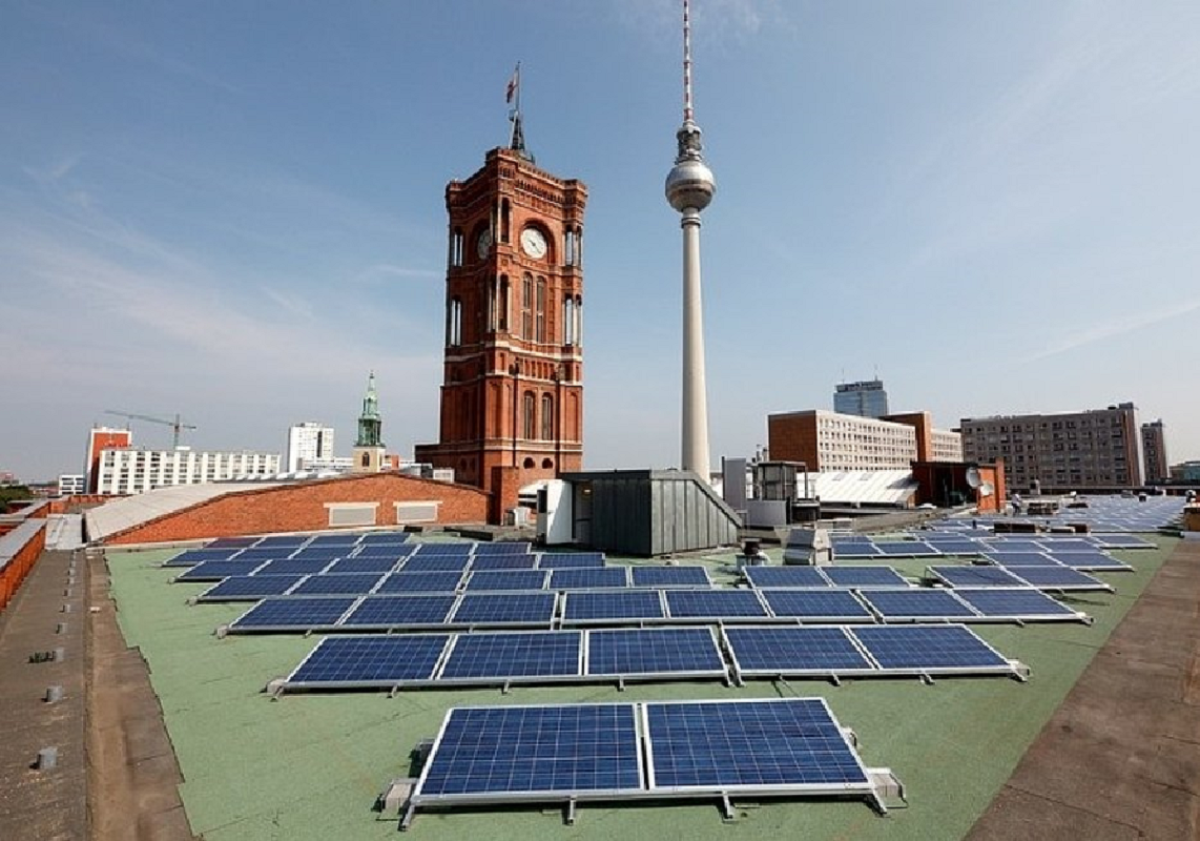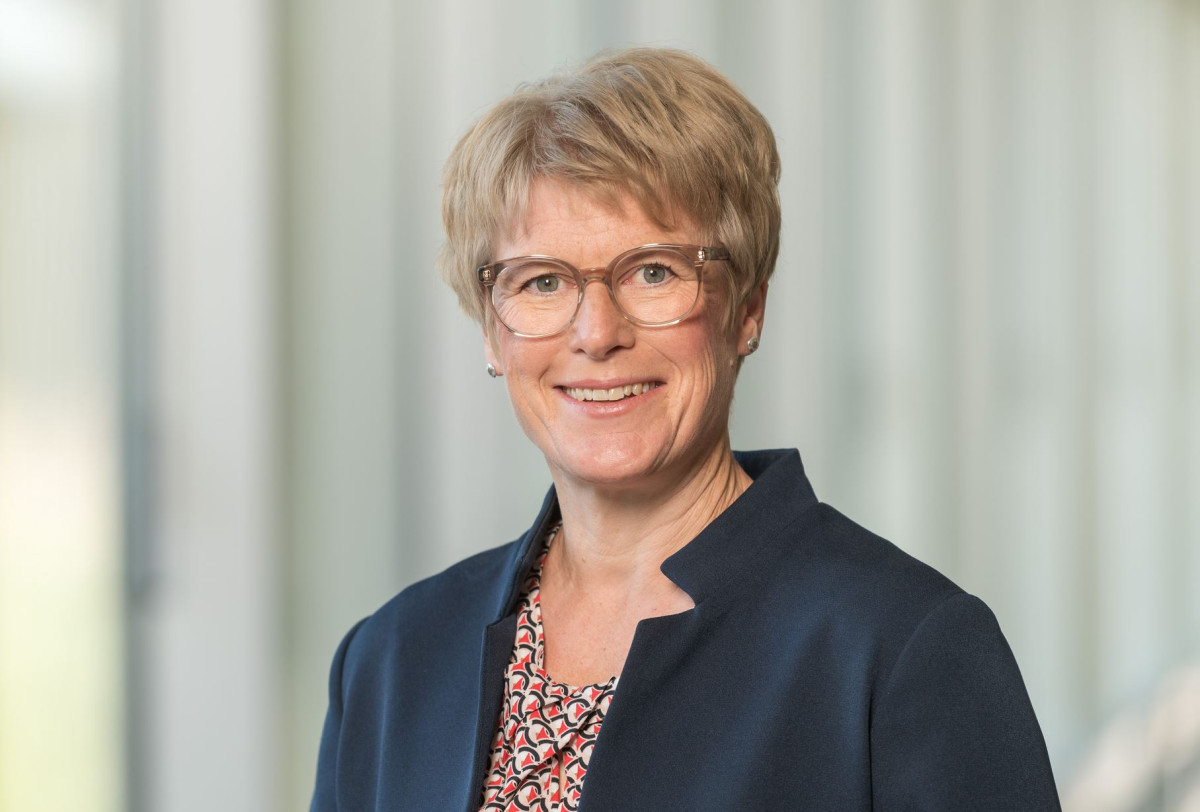Preview 2023: EU must reduce critical raw material dependency - government advisor
This interview is part of a series to preview the German and European energy and climate policy in 2023.
Clean Energy Wire: Energy and climate policy in 2022 was dominated by Russia's war on Ukraine and the European energy crisis. What impact do you expect the war to have in 2023, and which other topics will likely dominate the agenda in your sector?
Veronika Grimm: The situation on the energy markets is likely to remain tense and prices high. An easing is not expected until 2024 at the earliest. The threat of a gas shortage is also still there. The coming winter is likely to be even more difficult with regard to gas supply, as storage facilities will have to be refilled without Russian gas. At the same time, 2023 will be crucial for Ukraine - the mobilisation in Russia will bring more than 300,000 soldiers to the frontlines. At the same time, Russian president Vladimir Putin will speculate that the longer the energy crisis lasts, the lower Europe’s motivation becomes to support Ukraine. But it is central to Europe's future that Ukraine wins this war.
It is therefore essential to fight the crisis effectively in order to remain able to act. In the short term, it is crucial to reduce the price pressure on the energy markets. We have to procure gas, mobilise all available power plant capacities on the electricity market, and save energy wherever possible. Good cooperation within the European Union is essential here. At the same time, we must accelerate the transformation to a climate-neutral energy supply. We must prepare our imports of green hydrogen and energy carriers based on it as quickly as possible. Several large import projects can reduce our dependence on individual suppliers in the long run. Various countries have good conditions to export hydrogen, among them Australia, the MENA countries, Namibia or Chile. In addition, we need to quickly and jointly expand our own capacities for transporting electricity and hydrogen as well as generation capacities in Europe. There is a particular time pressure because the U.S. will withdraw extensive capacities for its own plants from Europe as a result of the Inflation Reduction Act. This is bound to put us massively behind.
Chancellor Scholz's traffic light coalition has just finished its first year in office - what do you think the administration got right so far and what does it have to deliver on most urgently in 2023?
The German government reduced energy dependence on Russia in record time and created a loan-financed, 100-billion-euro special fund to modernise the armed forces. But this can only be the beginning. In order to strengthen Europe's ability to act in an increasingly insecure world, we are also faced with the task of more closely interlinking our energy, climate, security and trade policies.
Critical dependencies that have arisen in the course of globalisation due to the priority given to cost efficiency in the development of value chains must be quickly reduced - although this should not go hand in hand with a far-reaching decoupling from "unfriendly" states. The increasing importance of global public goods, such as climate protection and health, requires that international cooperation be strengthened rather than weakened. This is a challenging balancing act.
Problematic dependencies exist especially in critical raw materials that are indispensable for numerous key technologies and in particular the energy transition. China, which has large quantities of such raw materials, has achieved a dominant position on the world market - above all through the integration of value chains and its subsidy policy, which has caused prices on the world market to fall to such an extent that the extraction of deposits in other locations - especially in Europe - has become uneconomical. If third countries abuse subsidies to create dependencies, Germany and the EU should use state instruments to steer them. Strategic alliances with democratic countries can help build new supply chains and reduce old dependencies. In addition, in order to diversify supply chains, guarantees for foreign investments by German companies, for example, should be used.
Which topics have been overshadowed by the crisis in 2022 and should receive more attention this year?
The Corona crisis has left extensive learning gaps and other scars, especially among socially disadvantaged children and young people, and has reduced equality of opportunity in the education system. However, in order to overcome the upcoming challenges and to proceed with the transformation, we need well-educated and motivated young people. We should invest massively in their education and at the same time I think that we as a society need a new mindset. In a more power-oriented world order, it is no longer just about efficiency, economic success and material prosperity. Security, resilience and attitude will play a much bigger role. We as a society - and especially the young people – must prepare ourselves for this.



